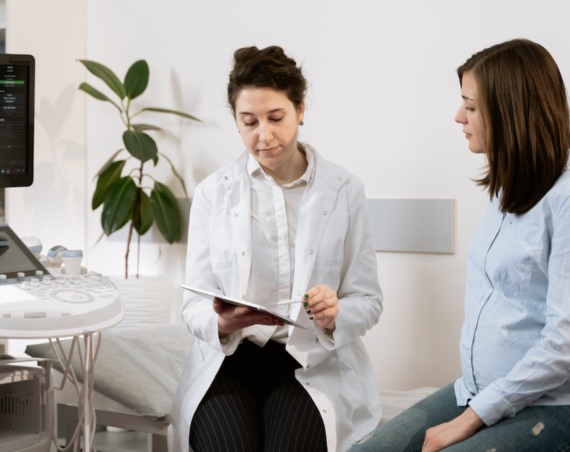
The Gates Foundation has announced a $2.5 billion commitment through 2030 to accelerate research and development in women’s health, targeting more than 40 innovations across five priority areas. The investment focuses on maternal, menstrual, gynecological, and sexual health, particularly for women in low- and middle-income countries.
The funding addresses chronic underfunding in women’s health research, where only 1% of healthcare research and innovation investment goes to female-specific conditions beyond oncology, according to a 2021 McKinsey analysis. Conditions affecting hundreds of millions of women, including preeclampsia, gestational diabetes, heavy menstrual bleeding, endometriosis, and menopause, remain significantly under-researched.
“For too long, women have suffered from health conditions that are misunderstood, misdiagnosed, or ignored,” said Dr. Anita Zaidi, president of the Gates Foundation’s Gender Equality Division. “We want this investment to spark a new era of women-centered innovation—one where women’s lives, bodies, and voices are prioritized in health R&D.”
The investment will support five priority areas: Obstetric care and maternal immunization to improve pregnancy safety; maternal health and nutrition for healthier pregnancies; gynecological and menstrual health tools and research; contraceptive innovation for more accessible options; and sexually transmitted infection diagnosis and treatment improvements.
Research areas with breakthrough potential include vaginal microbiome studies, therapeutics for preeclampsia, and non-hormonal contraception development. The commitment includes investments in data generation and advocacy to support product uptake after approval.
“Investing in women’s health has a lasting impact across generations. It leads to healthier families, stronger economies, and a more just world,” said Bill Gates, chair of the Gates Foundation. “Yet women’s health continues to be ignored, underfunded, and sidelined.”
The foundation emphasizes potential economic returns, citing research showing every $1 invested in women’s health yields $3 in economic growth. Closing the gender health gap could boost the global economy by $1 trillion annually by 2040.
“This is the largest investment we’ve ever made in women’s health research and development, but it still falls far short of what is needed in a neglected and underfunded area of huge human need and opportunity,” said Zaidi.
The foundation is calling for co-investment from governments, philanthropists, investors, and private sector organizations to help shape product development and ensure access to treatments for women who need them most.
This investment builds on the Gates Foundation’s 25-year history in maternal and child health and women’s empowerment, complementing existing work in scaling women’s health commodities and vaccines including HPV vaccination programs.



